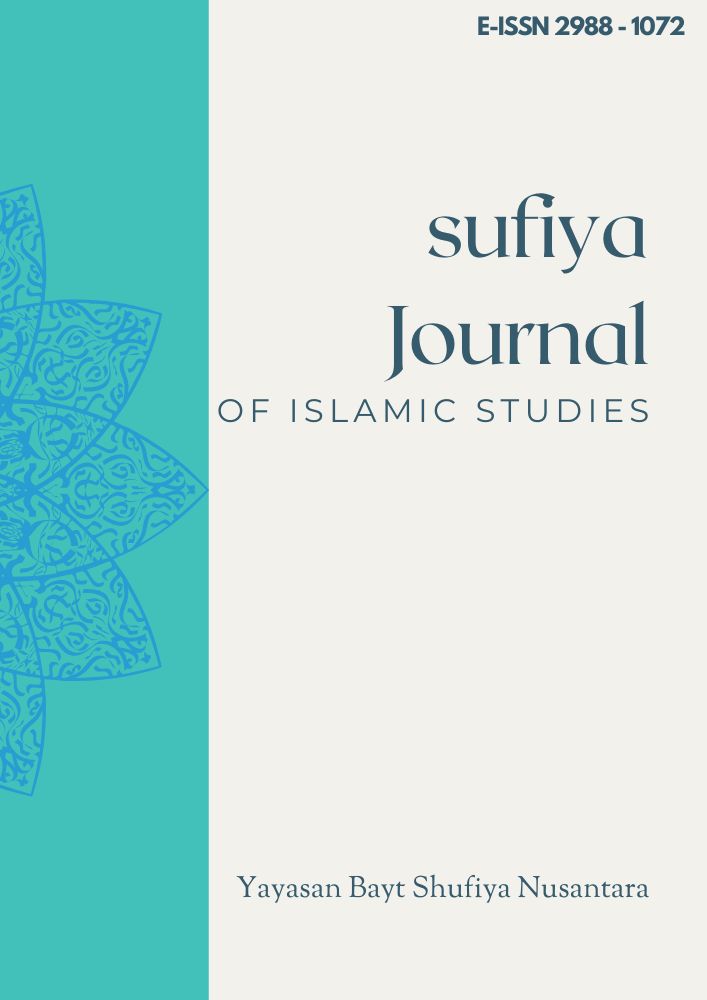Apologizing in Daily Life: A Speech Act Analysis in English
Keywords:
Apology, Speech Act, PragmaticsAbstract
This study aims to analyze the forms and functions of apologizing as a speech act in everyday communication from a pragmatic and sociolinguistic perspective. Using a qualitative library research method, data were collected from recent scholarly sources and analyzed through the frameworks of speech act theory and politeness theory. The findings show that apologies are influenced by social factors such as power relations, social distance, and the severity of the offense. Apologies are often delivered indirectly, using hedges and softeners to mitigate face threats. This indicates that apologizing is not merely a personal expression of regret, but a strategic act to maintain social harmony.
References
Ayang Winda, S. (2015). Apologizing strategies realization of Indonesian: A case study of the University of Kuningan Students. English Review: Journal of English Education, 2(2), 200–208.
Chintawidy, P. A., & Sartini, N. W. (2022). A cross cultural pragmatics study of request strategies and politeness in Javanese and Sundanese. Journal of Pragmatics Research, 4(1), 152–166.
Irawan, S. M., & Hardjanto, T. D. (2023). A gender based study of apology strategies employed by Indonesian students. Lexicon, 8(1). https://doi.org/10.22146/lexicon.v8i1.65770
Maruti, E. S., Suharto, T. V., & Samsiyah, N. (2021). An ethnopragmatics study of apologize speech acts in Javanese. Jurnal Gramatika: Jurnal Penelitian Pendidikan Bahasa dan Sastra Indonesia.
Pratiwi, D. H., & Hamzah, H. (2022). Comparative analysis of apology strategies utterances between male and female English department students. English Language and Literature, 11(4). https://doi.org/10.24036/ell.v11i4.118158
Qorina, D. (2020). Realization of apology strategies by English department students of Pekalongan University. Language Circle: Journal of Language and Literature, 7(1). https://doi.org/10.15294/lc.v7i1.2435
Sari, M. K. (2016). Apology strategy in English by native speaker. Lingua Cultura, 10(1), 13–17. https://doi.org/10.21512/lc.v10i1.815
Sari, M. K. (2020). The reflection of Javanese cultural characteristics as found in English apology strategies. Modality Journal: International Journal of Linguistics and Literature, 1(1). https://doi.org/10.30983/mj.v1i1.4662
Siregar, R. S. (2022). Investigating pragmatics of apology strategy: A case study of the sixth semester English education students at Institut Pendidikan Tapanuli Selatan. Journal of Education and Teaching, 2(1). http://dx.doi.org/10.24014/jete.v2i1.8209
Waliyadin, & Fauzi, N. H. (2021). An analysis of apology in an Indonesian ELT textbook and the teacher’s strategy to teach apology. Erudita: Journal of English Language Teaching, 1(1), 1–17. https://doi.org/10.28918/erudita.v1i1.4265
Downloads
Published
How to Cite
Issue
Section
License
Copyright (c) 2025 Elisabeth Dwi Clara, Bernieke Anggita Ristia Damanik

This work is licensed under a Creative Commons Attribution-ShareAlike 4.0 International License.














